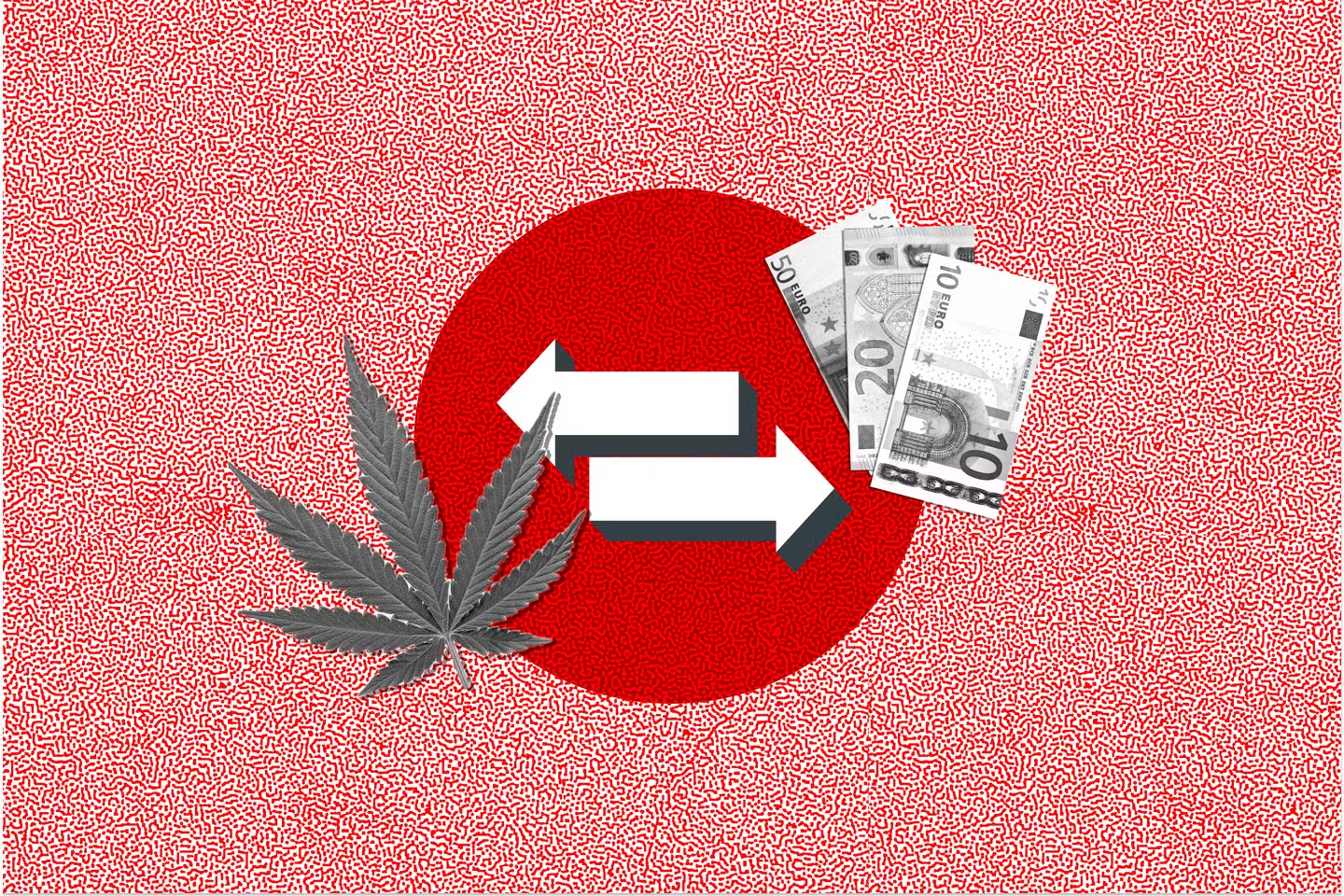In today’s digital age, buying products online has become the norm. However, the rise of online shopping has also opened the door for scammers to exploit unsuspecting individuals. One of the more prevalent scams involves fake online dispensaries. These fraudulent websites pose as legitimate businesses selling cannabis, CBD products, or other pharmaceutical goods. Here, we will explore how these scams operate, the warning signs to look out for, and the measures you can take to protect yourself from falling victim.
What Are Fake Online Dispensary Scams?
Fake online dispensary scams involve fraudulent websites or social media profiles that claim to sell legal cannabis or pharmaceutical products. These platforms often look highly professional, complete with product listings, customer reviews, and secure payment gateways to gain your trust. However, once a purchase is made, the buyer either receives fake, substandard products or nothing at all. Worse, scammers may steal sensitive financial or personal information for further malicious use.
How to Spot a Fake Online Dispensary
Identifying a fake online dispensary can be challenging, but there are several red flags to watch for:
1. Too-Good-to-Be-True Prices
- Scammers often lure buyers with unrealistically low prices or massive discounts. If the deal seems too good to be true, it probably is.
2. No License Information
- Legitimate dispensaries are licensed and regulated. A reputable site will display its licensing details prominently. If you can’t find this information, it’s a major red flag.
3. Lack of Contact Information
- Fake dispensaries usually provide vague or incomplete contact details. Be cautious if there’s no phone number, email, or physical address listed.
4. Suspicious Payment Methods
- Scammers often insist on unconventional payment methods like cryptocurrency, wire transfers, or gift cards. Legitimate dispensaries will offer secure payment options such as credit cards or trusted payment gateways.
5. Poor Website Design and Grammar
- Many fake sites have poorly designed interfaces, broken links, and numerous spelling or grammatical errors. These are often indicators of unprofessional operations.
6. Unverifiable Reviews
- Fake websites frequently showcase glowing customer reviews that are either fabricated or duplicated from other platforms. Use external review sites to verify their credibility.
7. No Social Media Presence
- Authentic dispensaries often have active and verified social media accounts. A lack of social media presence or inactive accounts can indicate a scam.
8. No Age Verification
- Reputable dispensaries enforce age restrictions and verification processes. If a site doesn’t verify your age, proceed with caution.
Measures to Avoid Online Dispensary Scams
Preventing yourself from becoming a victim of online dispensary scams requires vigilance and careful online practices. Follow these tips to shop safely:
1. Research the Dispensary
- Conduct thorough research on the dispensary’s reputation. Check reviews on trusted platforms such as Google Reviews, Trustpilot, or Reddit forums.
2. Verify Licenses
- Ensure the dispensary is licensed in its jurisdiction. Most government regulatory bodies have online directories where you can verify a company’s license.
3. Look for Secure Websites
- Check the website’s URL for “https” and a padlock symbol, indicating it’s secure. Avoid sites with “http” or those without security certifications.
4. Use Credit Cards for Payment
- Credit cards offer fraud protection, making it easier to dispute charges if something goes wrong. Avoid cash or cryptocurrency payments unless you’re certain about the seller’s legitimacy.
5. Avoid Oversharing Personal Information
- Be wary of sites that ask for excessive personal details beyond what is necessary for shipping and billing.
6. Check for Privacy Policies
- A legitimate dispensary will have clear and detailed privacy policies about how your data is used and protected.
7. Trust Your Instincts
- If something feels off, don’t proceed with the purchase. It’s better to miss a deal than to lose money or compromise your safety.
8. Contact Customer Support
- Before making a purchase, reach out to customer service with questions. Legitimate businesses will respond promptly and professionally.
9. Be Wary of Social Media Deals
- Avoid buying from unverified social media accounts or ads promising miracle products at unbeatable prices.
What to Do If You’ve Been Scammed
If you suspect you’ve fallen victim to a fake online dispensary, take the following steps immediately:
- Report to Authorities
- File a report with local law enforcement and provide all relevant evidence, such as receipts, messages, or website details.
- Notify Your Bank or Payment Provider
- Contact your financial institution to dispute the transaction and secure your accounts.
- Report the Website
- Notify the relevant consumer protection agency or online fraud watchdog about the fake site.
- Warn Others
- Share your experience on social media or review platforms to alert others and prevent further scams.
Conclusion
Fake online dispensary scams are a growing concern, but staying informed and vigilant can help you avoid falling victim. Always prioritize safety by researching dispensaries thoroughly, verifying their legitimacy, and using secure payment methods. By following these guidelines, you can enjoy the convenience of online shopping without compromising your financial or personal security.
For more tips on avoiding scams and ensuring safe online practices, visit eXposingScams. Together, we can create a safer online community.














